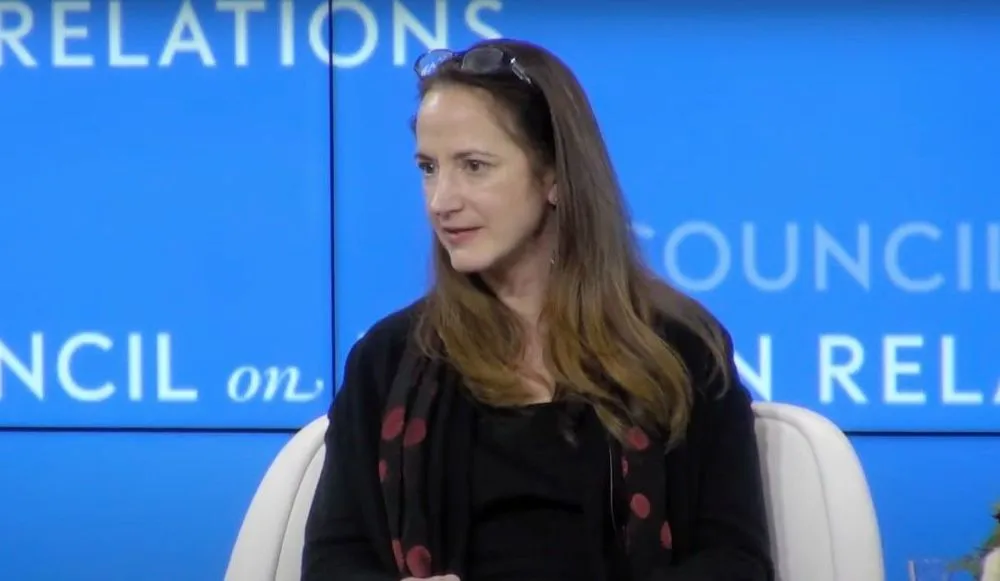As Trump vows to remold intel agencies, US spy chief defends current model
The U.S. director of national intelligence on Thursday defended the need for her office to oversee the nation’s clandestine community, arguing it has helped protect American lives.
“I do think we're safer as a consequence of the institution that I have the privilege to lead right now,” Director of National intelligence Avril Haines said during an event at the Council on Foreign Relations in Washington, D.C.
She noted that the primary reason the Office of the Director of National Intelligence (ODNI) was created nearly two decades ago was because spy agencies had failed to “connect the dots” ahead of the deadly Sept. 11 terrorist attacks.
If eliminated now, there would be a “situation where we're not going to see what the threat picture is, not provide the kind of indication and warning that's needed, not be as successful at countering the national security threats that we face today, and it's just increasingly important, in my view, even than it was 20 years ago, because the landscape has just become so much more complex and sophisticated,” according to Haines.
Her remarks come as President-elect Donald Trump looks to make good on his longstanding promises to remake the U.S. intelligence community in his own image and wipe out an alleged “deep state” by placing loyalists atop the agencies, such as Kash Patel for FBI Director and Tulsi Gabbard, a former Democrat congresswoman with no intelligence experience, to succeed Haines.
Meanwhile, billionaire Elon Musk and fellow entrepreneur Vivek Ramaswamy arrived on Capitol Hill Thursday for meetings with lawmakers behind closed doors about Trump’s intention to “dismantle” the federal government.
Haines, the seventh Senate-confirmed person to lead the intelligence community and the first woman to hold the role, said many of the drivers that prompted ODNI’s creation are still relevant today including a focus on counter-terrorism, boosting the “depth and accuracy” of the threat landscape and stewarding resources effectively across what is now 18 different entities to avoid duplication of effort and spending.
She also downplayed the possibility that relationships with U.S. allies, especially the Five Eyes intelligence-sharing group, would be degraded in the future — even though Trump has railed against NATO and other international partners in the past.
“It is hard for me to believe that anybody coming in wouldn't want to maintain those relationships,” Haines said. “And, historically, they have certainly been maintained on a bipartisan basis, and there's tremendous bipartisan support for them, frankly, in our oversight committees, and that's something that I see, so I wouldn't think of them as being at significant risk.”
Haines said her office is focused on specific aspects of the transition between administrations.
“There are certain actors that are trying to pre-position themselves” for the incoming Trump White House, she noted, adding analysts scrutinize such moves and share insights with the future officials to incorporate into their thinking.
Foreign adversaries also “sort of see the potential for us to be distracted” and escalate tensions with Washington, Haines warned.
North Korea “engages in some provocative action during transitions,” she added. “This is one of the classic things we're constantly looking at.”
Martin Matishak
is the senior cybersecurity reporter for The Record. Prior to joining Recorded Future News in 2021, he spent more than five years at Politico, where he covered digital and national security developments across Capitol Hill, the Pentagon and the U.S. intelligence community. He previously was a reporter at The Hill, National Journal Group and Inside Washington Publishers.



